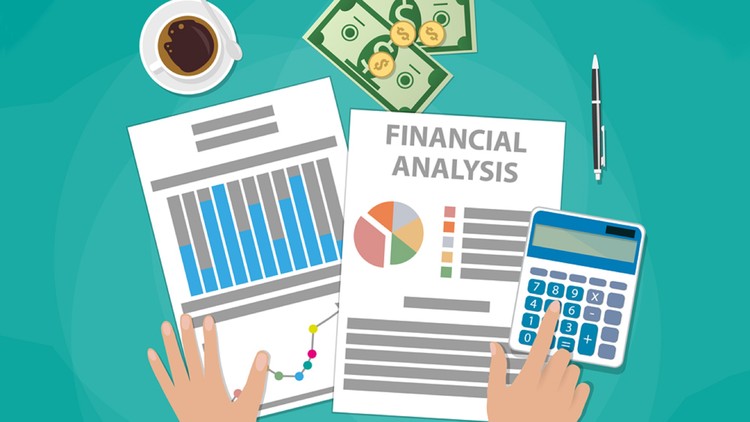How Can I Become A Financial Analyst?

If you are interested in a career as a financial analyst, but don’t have any experience in the field, there are a few ways to go about becoming one. One option is to attend a finance program at a college or university. In fact, Another option is to take online courses that teach basic financial analysis skills. If you don’t have access to either of these options, you can find programs that offer paid internships in finance.
What Do Financial Analysts Do?

A financial analyst is a professional within the finance industry who provides analysis of financial statements and trends to help decision-makers make informed decisions. Financial analysts typically have at least a bachelor’s degree in accounting or finance, but some may have prior experience as accountants or financial consultants. Meanwhile,To become a financial analyst, you typically need at least five years of experience in the finance industry and an accredited accounting degree.
How Much Does It Cost To Be A Financial Analyst?

Becoming a financial analyst can be an expensive proposition. Salary ranges for finance professionals vary significantly depending on experience, location and company size. However, the average annual salary for a financial analyst is approximately $100,000. Unless you have a degree in accounting or business administration, therefore, it will be necessary to earn some experience before landing a lucrative position as a financial analyst.
There are many ways to gain experience as a financial analyst. Even, Some schools offer summer programs that give students the opportunity to work. in finance departments during their summer break. Alternatively, internships can provide you with valuable experience and contacts in the industry. If you lack experience but desire to become a financial analyst, there are several ways to get started without any prior training.
More Information

Some companies offer certification programs that teach aspiring financial analysts the basics of accounting and finance. Accordingly, Certification programs can be expensive, but they may be worth considering if you want to pursue a career in finance. Another option is to study for the Certified Public Accountant (CPA) exam. The pass rate for the Certified Financial Analyst (CFA) exam is typically lower than the pass rate for the CPA exam, but the CFA designation is more prestigious and may lead to better
Should I Pursue This Job?

If you’re not sure if this is the right career for you, here are a few questions to help to guide your decision:
1. What do you love doing?
2. What skills do you have that would help you in this field?
3. How much money can you realistically make?
4. Do you enjoy working independently or teaming up with others?
5. What kind of schedule would work best for you?
6. Is there a region or city that you’d prefer to work in?
Is There Life After Financing?

Are you tired of dealing with numbers all day? Do you want to work in an environment that is intellectually stimulating and offers plenty of opportunity for growth? If so, then becoming a financial analyst may be the right career for you! Truly, Financial analysts are responsible for analyzing financial data and making sound investment decisions. They use their knowledge of accounting principles, economics, and business to help businesses grow and make money.
Accounting in Finance
Off course, Financial analysts typically have a bachelor’s degree in accounting or finance. However, there are no necessary prerequisite courses for this career. In fact, many financial analysts start out as entry-level employees with little experience in accounting or finance. If you don’t have any experience in these areas, don’t worry! Moreover, There are plenty of ways to become a financial analyst without any prior experience in accounting also finance. Here are three methods that you can use to prepare for this exciting career:
Take online courses

Take online courses in accounting and finance. Many third-party providers offer online coursework that can help you qualify for a financial analyst position. Hence,This type of learning is convenient and can be done at your own pace. Thus, You’ll also have the advantage of being able to study on your own time rather than during working hours.
Conclusion

In conclusion, If you’re looking to become a financial analyst, but don’t have any experience in the field, there are a few things you can do to get started. First, try searching for online Beginner-Level Financial Analyst Courses or Udemy courses that focus on specific aspects of the financial analysis process. Next, look into internships or co-op programs with investment banks. Finally, networking is essential — find people who are already working as analysts and ask them how they got started in the field and what advice they would give you. In summary,With hard work and determination, it’s possible to become a financial analyst without any prior experience!
